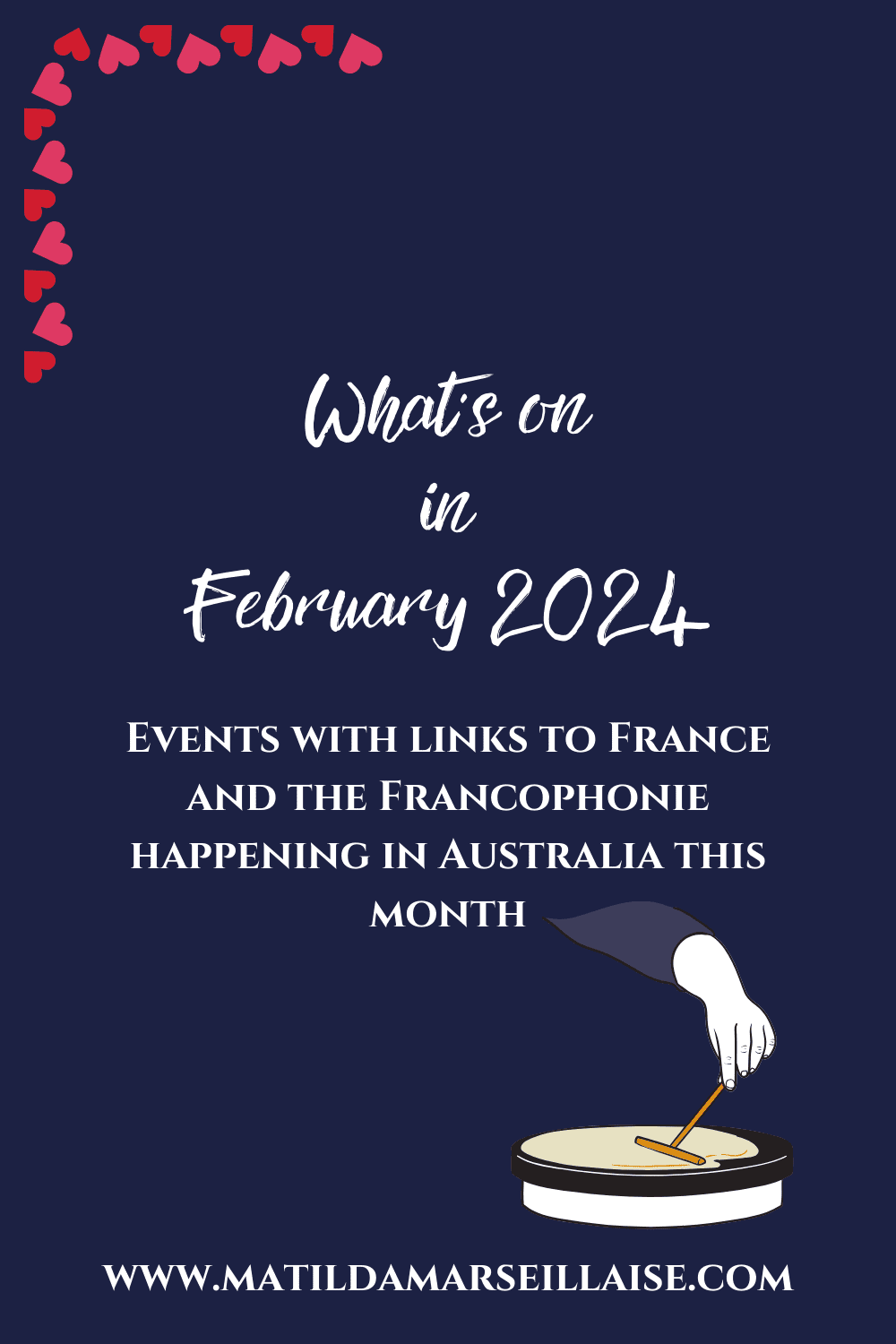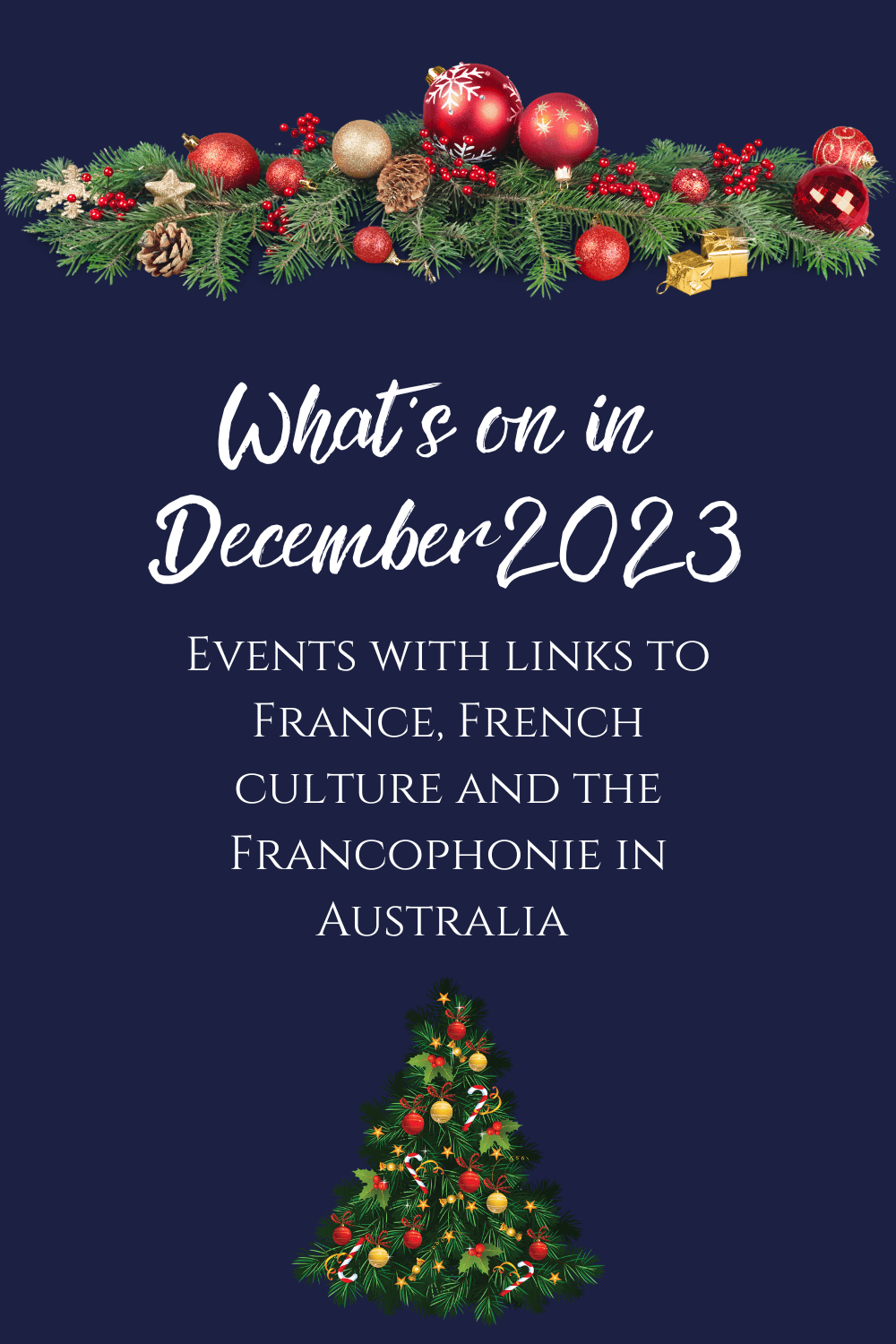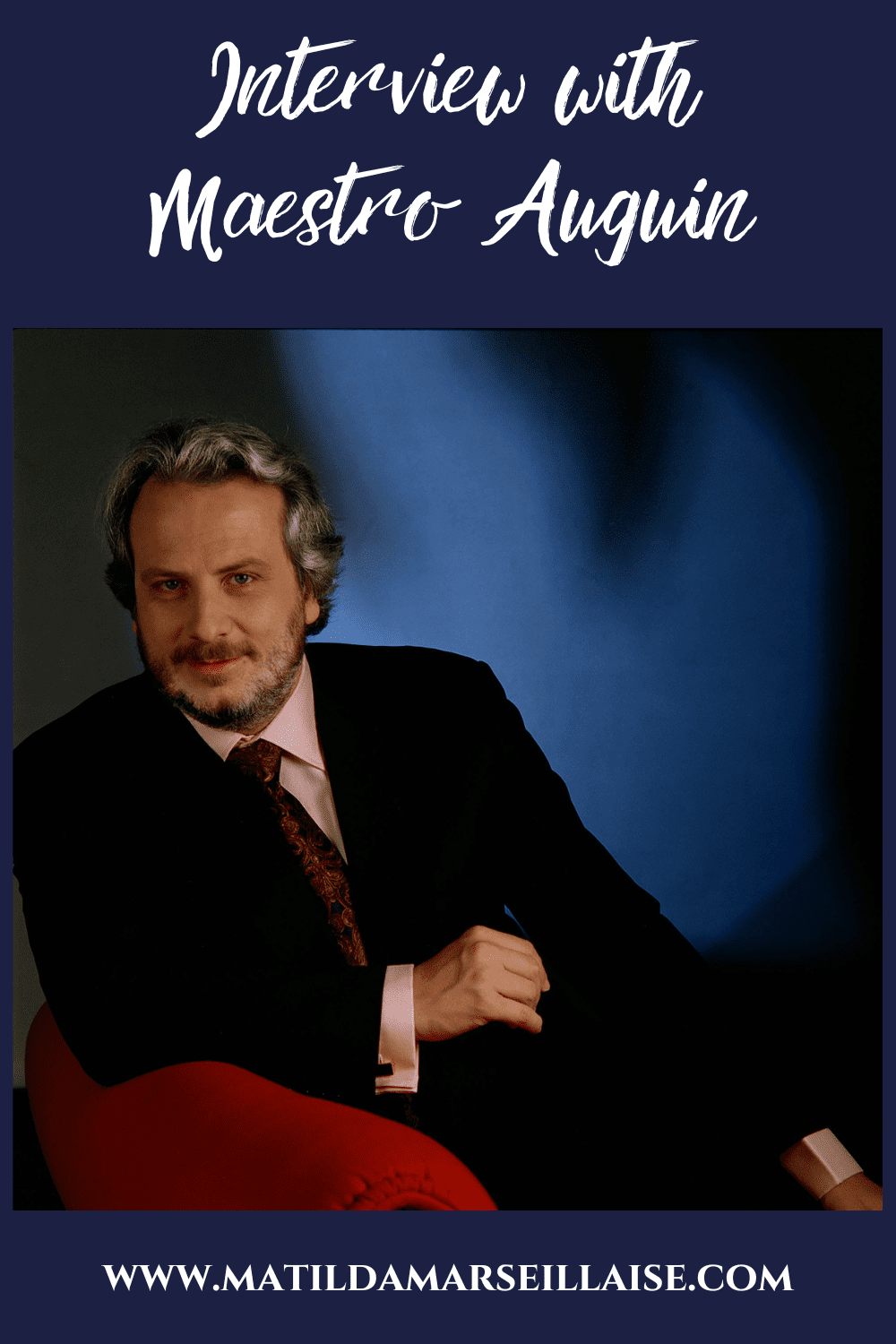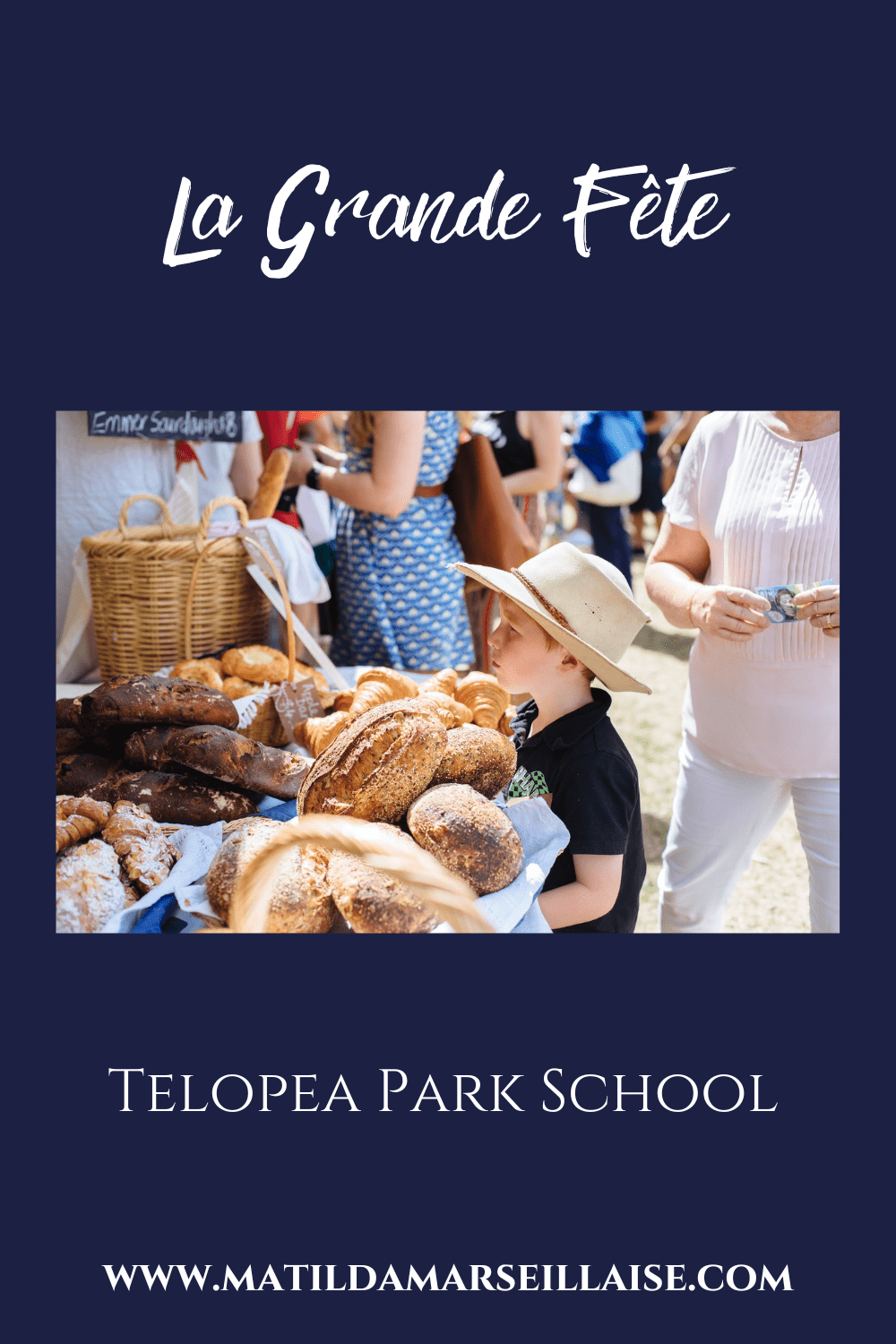MB14 is a French rapper who plays the character of Antone in the film Tenor, which opens in Australian cinemas tomorrow. This character from the Paris suburbs and the world of rap and beatbox enters the world of opera completely by chance. MB14, rapper and now actor thanks to the film Ténor, talks to us about the film, opera and rap. Read our interview with him below.

MB14, in the film Tenor your character is a rapper, as you are in real life, but from the Paris suburbs who finds himself by chance in an opera school. You trained in opera, for the role. Did you have any previous experience or knowledge of opera?
Yes. The film was shot in 2021, and I started playing music about ten years before that. So it’s true that in the course of my career, I’ve had the opportunity to listen to quite a lot of opera and classical music. For example, there’s a radio station in France called Radio Classique. And all day long they broadcast symphonies, opera arias, well-known classical music pieces. So it’s true that I’ve built up a very small classical music culture.
And in the process, I’ve listened to a lot of opera. In fact, I listened to a lot of opera voices, both male and female, tenors, sopranos and so on. And so I tried for years to sing a bit operatically on my own, but it wasn’t the real technique. Because there’s a real technique in opera, which consists of making the sound resonate inside the resonators of the skull and in the body. To be able to project the sound, it’s a matter of physics through the air, of course, to be able to project the sound, but without having to force it on the vocal cords.
And I didn’t necessarily have this technique. I was fine with the high notes, let’s say the top voice. That’s it. I mastered it quite well, you could say, for someone who learns by themselves. But the tenor voice is more complicated. So it’s true that during the shoot, I took lessons for about two months, just before the shoot, and during a little while, with an opera singing teacher called Caroline Faivre who gave me three or four lessons a week, and that’s how I was really able to progress. She gave me the basics of opera singing. So, since then, it’s been two or two and a half years. I’ve learned a lot since then. I’ve watched a lot of documentaries on YouTube, I’ve listened to a lot of different opera singers, the great opera singers of the 30’s, 40’s, 50’s, 60’s, 70’s. In short, I’ve tried to build up a real culture in this field.
I don’t train every day, but I’ve been doing it for almost two years now, because opera has become a real passion. Opera singing is really a form of singing that does me a lot of good, because it allows me to sing with power. I can feel the sound resonating in my body, in my head.

That must be strange the first time you feel it.
Frankly, it’s hard at first. In the beginning, it’s really difficult because it’s exhausting. You have to manage to combine so many parameters within the voice, and at the same time, you have to unlearn the bad reflexes you’ve accumulated over the years. That’s why, at the beginning, it’s very difficult, very trying. But now that I’ve really trained myself and know that I’ve mastered the basics at least of the subject, it’s a pleasure because I can have fun singing great opera arias. It’s not easy, but I manage to get the hang of it, and that makes me feel really good.
In any case, in life, I like to progress, I like to feel that I’m making progress, and I don’t regret having come this far in opera, because it’s even served me well in other forms of singing, whether it’s rap, pop, reggae or variety. Thanks to my training as an opera singer, I’ve been able to open up my voice completely and understand it a lot more. And that’s priceless, really. Because when you’re a singer, you always want to sing better. And now it’s become a passion.
To add one last thing, I’m a great believer in the healing power of the voice. In other words, I’m convinced that, scientifically, the voice, with its vibration, can heal the body, act on the cells, and act on the water in the body. It’s been proven. Let’s just say that the vibration of sound has an impact on matter and on the body’s energy. What’s more, we have a chakra in the throat. It’s the third chakra, the chakra of communication and expression. And I’m convinced that singing has a very strong meditative and spiritual side that helps heal the body and spirit. That’s why I do it a lot.
Will you be introducing a bit of opera into your future projects?
For example, I released a project called Ambitus in 2018 and in that project, even though it was before I took opera lessons, it already featured a lot of operatic voices. In that project, I tried to do a lot of operatic or polyphonic voices that sound a bit like Mozart’s Requiem. I really tried to bring in something with a lot of voices, a lot of high voices, a lot of low voices, because the ancient side of operatic singing speaks to me a lot and I really tried to make a project that sounds both, let’s say modern, with hip hop sounds, a bit of soul sound, etc. and at the same time with a very ancient side, very antique, very mystical, big opera voices to give a bit of a spiritual side to the project. Anyway, you’ll have to listen to it to see.
I’m very fond of history, archaeology and all that sort of thing. And I like mixing things up, mixing the old with the new. In fact, it’s something that really appeals to me.
That’s interesting, I’ll have a listen. What challenges have you had to overcome in learning how to sing lyrically?
I’d say that, in fact, my nature is to want to make a lot of progress and I find it hard to accept sometimes that I can’t do something I want to do. So it’s been hard for me to accept that I need to be patient, to make mistakes, to fail, to succeed and to fail again. In fact, every time I do it, I think I’ve understood the technique, but in fact, no, that’s not it, there’s still another layer to understand, there’s still another step to understand. But no, that’s not it, this is it. And that’s what’s mentally and physically exhausting, is that in fact you train, train, train a lot for not much progress.

Yes, that must be frustrating.
Very frustrating, frankly. Opera made me cry. I have cried about it. At times, during the shoot or even now, in the two years I’ve spent working. There are times when it’s really exhausting, because sometimes you feel like you’re swimming against the tide and even fighting in a void. In fact, you get the impression that you’re working and working and you don’t understand why you don’t see any progress.
And then at some point you’re working, and then you understand the trick. Ah, but that’s it. And then something clicks and suddenly, that’s what it’s all about. You have to be really patient, you have to concentrate, it’s all vibrations. So sometimes you finish and your head hurts, your throat hurts, you don’t feel like singing anymore, you feel like taking a break. But you have to start over the next day or the one after. Because that’s the thing, when you don’t practice often enough, your voice becomes more challenging.
It’s not that it gets rusty, but it’s that to progress, you have to train at least every two or three days.
Like athletes do with their muscles.
Exactly, if you don’t sing for a week, your body and voice start to atrophy. To begin with, it becomes difficult. But when you train every day or every other day, every third day at the most, you’re always fresh. So that’s it, it’s patience and rigour.
How do you think the film Tenor has helped to break down stereotypes or preconceived ideas about either opera or rap?
I’d say that, in a way, it shows that you can come from anywhere and still be an opera singer. I think there are still a lot of clichés out there, especially when it comes to opera. Because rap, everyone listens to rap, everyone knows it. For example, there’s a song in France called Bande organisée. It’s one of the biggest rap tracks to come out in recent years, in terms of streams, YouTube views and so on. And everyone in France knows this track, and not just that, it’s an example.
But that’s it, rap today is part of French culture. Everyone between zero and 50 listens to rap. Everyone knows the big rappers, so there are fewer clichés about it. Of course, it’s still associated with the street and the suburbs. There are always clichés about drug dealing and violence and whatnot, and neighbourhoods and so on. But on the whole, everyone listens to rap.
Whereas opera, there are still a lot of people who think it’s reserved for an elite, when in fact it’s not true. Today, you can go on YouTube and, free of charge, access 100 years of opera history. You can access black and white videos of singers like Caruso, Mario Lanza, Mario Del Monaco, Di Stefano, Franco Corelli and Pavarotti. And it’s all free. So in fact, it’s still a vision of people. Maybe it’s a matter of the costumes, the beautiful, beautiful instruments, the beautiful dresses, the very theatrical side that doesn’t really correspond to today’s era, but which was the pop of the time in fact.
In other words, when people went to see Pavarotti, it was like people today go to see Ed Sheeran in concert, you know what I mean. Back then, Pavarotti was a pop star and that’s why, when you want to go and see opera concerts in France, depending on where you are in the hall, the prices are cheaper. You can go and see an opera concert for 20 – 30 € and that’s the price of a pop concert in a big hall today. So there are still barriers to be broken.
But fortunately, thanks to the Internet, we now have instant access to everything we want. So today, there’s no excuse not to listen to opera. It’s a matter of taste now. Anyone who wants to be interested can. And that’s it.
And MB14 to finish, what do you like the most about the film Tenor?
The film Tenor!
The whole thing?
Yes, frankly, that’s what I like most, that’s it, the whole thing. The fact that I’ve been able to be very free in my acting, in the way I’ve reworked my dialogues, in the way I’ve been able to suggest things. I’m also very happy to have been able to work in settings like these, with a team like this, with lots of great actors. I even got to meet Roberto Alagna and act with him, with a director like Claude Zidi Junior who’s a great director, and with a producer who trusted me and fought for this project in incredible settings with a great story.

Well, really, that’s the whole point of this film. It was an incredible experience, and what’s more, I got to do it all in one film. I was able to realize my dream of becoming an actor. What’s more, in the same film, I was able to sing opera, which I love, I was able to rap, which is also my passion, and I was even able to beatbox, so for me this film really ticked all the boxes, and was a teenage dream in fact.
And that’s why it’s a film that will stay in my heart for the rest of my life. And I’m so happy to have been part of it and to have made it. Even if it was sometimes difficult mentally, vocally, physically, etc., it remains one of the most beautiful memories of my life in fact. Really, I’m so happy to have done it that it’s a dream come true, in fact, this film.
—
We’d like to thank MB14 for this interview and recommend that you go and see the film Tenor in Australian cinemas from tomorrow, December 7.
Read our review of Tenor the film here
MORE FRENCH FILM FEATURES
Sydney and Melbourne to screen Matthieu Chedid -M-‘s concert for one night only, next Thursday
The Crime is Mine is unmissable witty, theatrical fun in cinemas this Thursday
Paris Memories traces the difficulties of being a survivor of the Paris terrorist attacks
Lie with me is a beautiful, heart-breaking film which is a must-see this AFFFF 2023
And if you’re looking for things to do that have a French flavour this month, check out our What’s on in December





